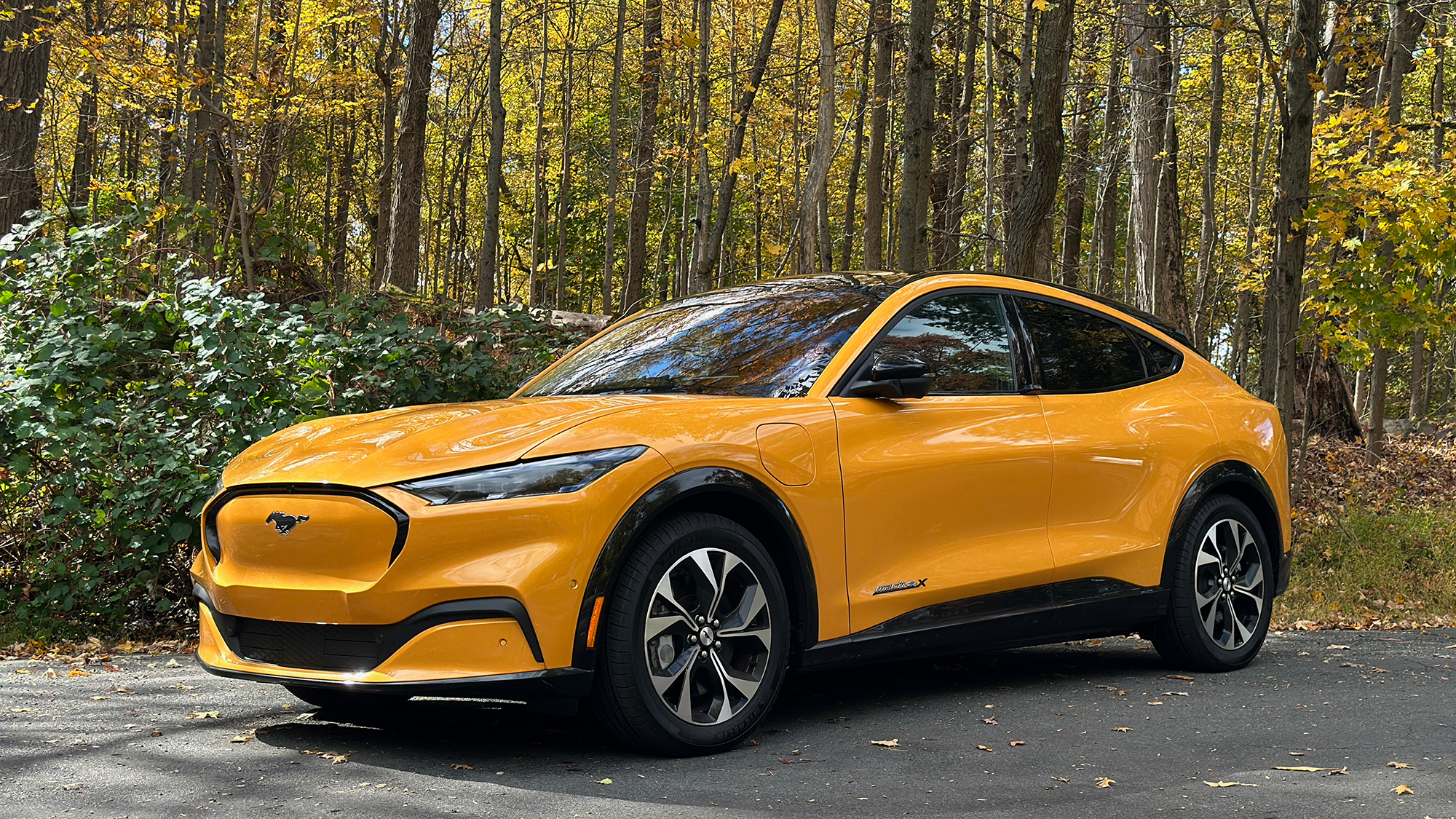20Shift: Your Daily Dose of Insight
Stay updated with the latest trends and news across various domains.
Shockingly Good: The Surprising Benefits of Electric Cars
Discover the surprising perks of electric cars that will make you rethink your ride—prepare to be shocked by the benefits!
5 Unexpected Reasons to Go Electric: The Hidden Benefits of Electric Cars
When considering the switch to an electric vehicle (EV), many drivers focus primarily on environmental benefits and fuel savings. However, there are unexpected reasons that make going electric even more appealing. For instance, tax incentives and rebates offered by governments can significantly lower the initial purchase cost of an electric vehicle, making it a financially savvy choice. Additionally, many states provide HOV lane access for electric cars, allowing you to enjoy faster commutes even during peak traffic hours.
Beyond financial incentives, electric vehicles often come with lower maintenance costs due to fewer moving parts compared to traditional combustion engine vehicles. With no oil changes and fewer brake repairs needed thanks to regenerative braking systems, EV owners can savor a simplified maintenance routine. Moreover, the quiet operation of electric cars contributes to a more serene driving experience, reducing noise pollution in urban areas and promoting overall well-being for both drivers and pedestrians. These hidden benefits not only enhance daily driving but also support a sustainable future for our communities.

How Electric Cars Contribute to a Greener Planet: Myths vs. Facts
As the popularity of electric cars continues to rise, so do the myths surrounding their environmental impact. One common misconception is that electric vehicles (EVs) create more pollution than traditional gasoline cars. However, studies show that although the production of EVs, particularly their batteries, can be emissions-intensive, the overall lifecycle emissions of electric cars are significantly lower when factoring in their operation. Electric cars produce zero tailpipe emissions, thus greatly reducing air pollutants and greenhouse gases in urban areas. In many regions, as the electricity grid becomes greener with increased use of renewable energy, the emissions from electric vehicles continue to decline.
Another myth is that electric cars are not practical due to their limited range and long charging times. Contrary to this belief, advancements in technology are rapidly improving both battery efficiency and charging infrastructure. Many modern EVs can travel over 300 miles on a single charge, making them suitable for daily commutes and longer trips alike. Additionally, with the rise of fast-charging stations, drivers can recharge their cars in as little as 30 minutes, making electric vehicles more convenient than ever. Transitioning to electric cars proves to be a pivotal step toward a more sustainable future, demonstrating that cutting-edge technology and environmental consciousness can go hand in hand.
Are Electric Cars Really Cheaper in the Long Run? A Comprehensive Breakdown
When considering the question, Are electric cars really cheaper in the long run?, it's essential to analyze various factors that contribute to overall ownership costs. Electric vehicles (EVs) tend to have higher upfront prices compared to their gasoline counterparts. However, numerous potential savings can offset this initial investment. For instance, the cost of fuel for EVs is generally lower than gasoline. According to estimates, charging an electric car costs significantly less per mile than filling up a tank of gas. Additionally, electric cars often qualify for government incentives, tax credits, and rebates that can further reduce their purchase price.
In terms of maintenance, EVs offer substantial savings as well. Electric engines comprise fewer moving parts than traditional internal combustion engines, leading to reduced wear and tear and lower maintenance costs. Owners of electric cars can also save on oil changes, exhaust system repairs, and other routine services typical for gasoline vehicles. Moreover, as technology advances, the resale values of electric vehicles are expected to stabilize, making them an attractive long-term investment. Thus, while the initial cost may be higher, the cumulative savings on fuel, maintenance, and potential resale value support the argument that electric cars can be cheaper in the long run.